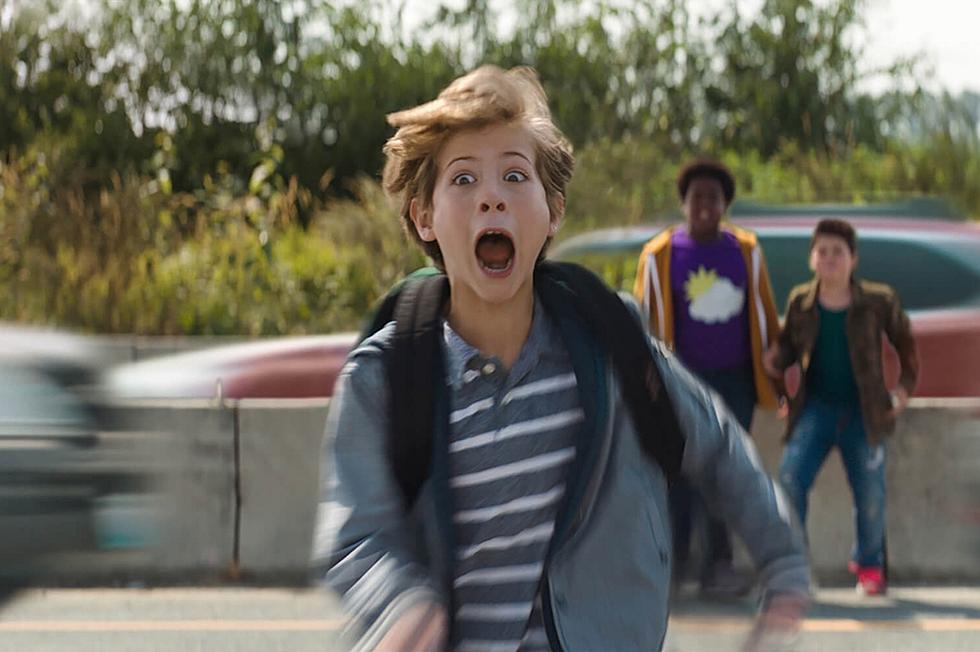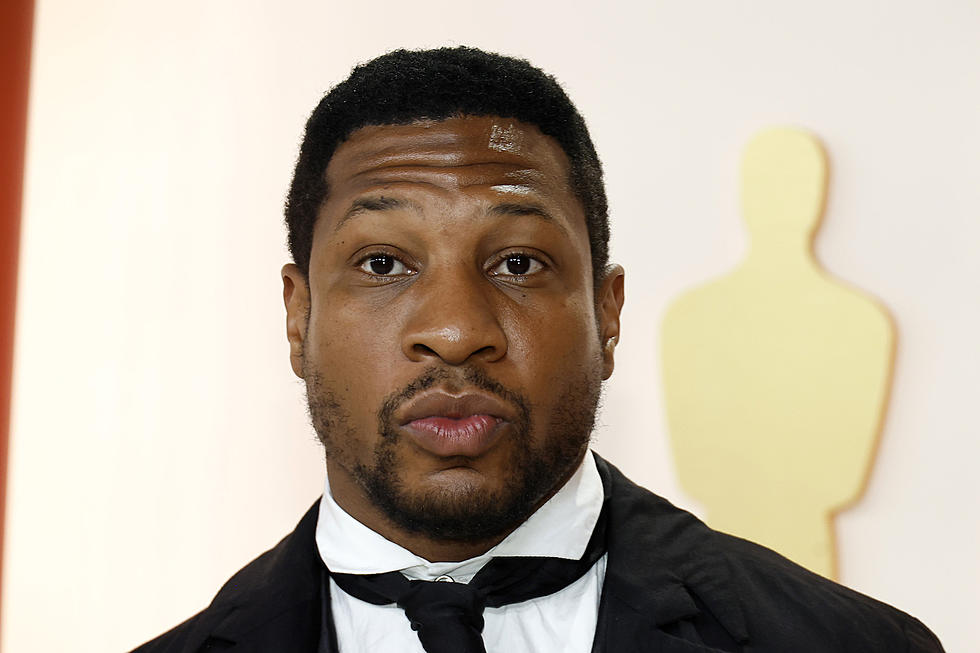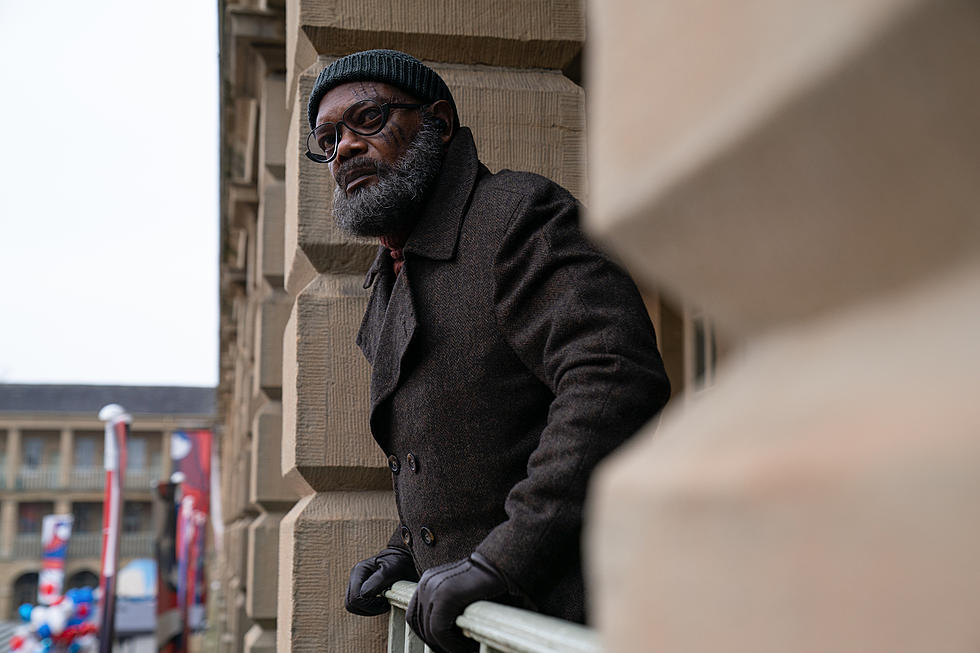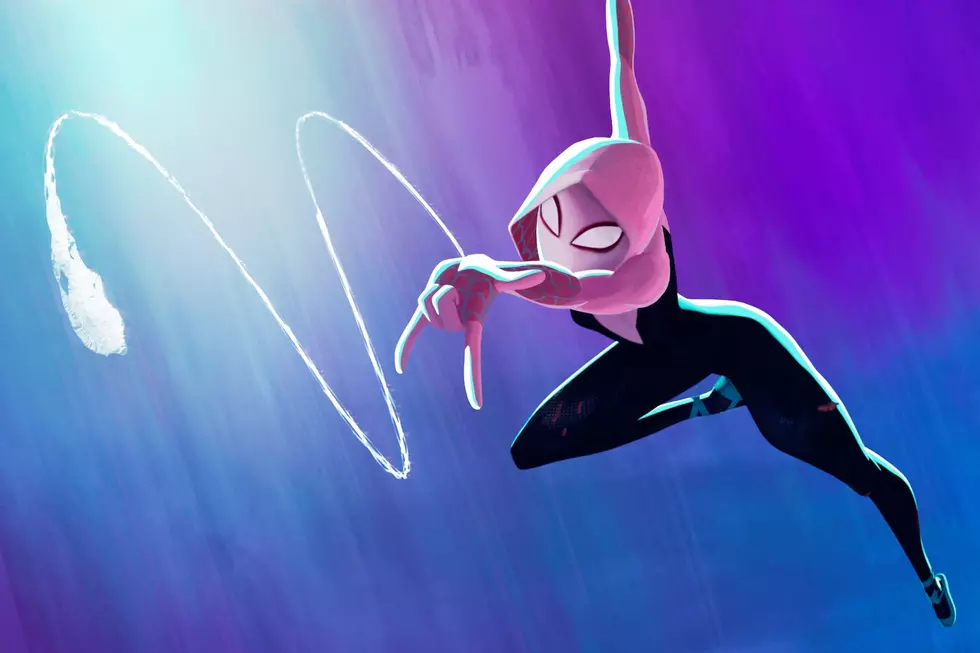
Where Did All the Movie Comedies Go?
The latest person in the entertainment industry to grouse about the supposed impact of cancel culture is Todd Phillips, director and co-writer of one of this fall’s biggest movies, Joker. Phillips might seem an unlikely figure to direct an intentionally grim, bleak origin story focused on one of the most memorable comic-book villains of all time, with a filmography including comedies like Road Trip, Old School and The Hangover. But Phillips’ shift into the world of superheroes can be chalked up, in part, to what he sees as the equally bleak state of modern comedy.
In a Vanity Fair profile of Joaquin Phoenix, who stars in Phillips’ film as the mentally disturbed Arthur Fleck, a Gotham City citizen who will become the Clown Prince of Crime, the director described his dark view. “Go try to be funny nowadays with this woke culture. There were articles written about why comedies don’t work anymore — I’ll tell you why, because all the fucking funny guys are like, ‘Fuck this shit, because I don’t want to offend you.’” There’s already been a pretty severe pushback on Phillips’ comments, as other writers have pointed out how plenty of comedians who’ve garnered controversy haven’t really been canceled, so much as using those controversies as fodder for marquee stand-up specials. There is, though, an interesting nugget of truth at the core of Phillips’ comments: Modern movie comedies are struggling to break through in the current marketplace. But it’s not because of cancel culture. It’s because of superhero movies.
Just over ten years ago, Phillips’ first Hangover movie was a genuinely massive success, grossing $277 million domestically. It was, and remains, the highest-grossing R-rated comedy of all time, and is only a few million dollars away from having outgrossed Home Alone. Though the 2011 sequel was met with much less praise from critics and audiences, it grossed more than $250 million domestically. 2011 was also the year of the widely beloved, and Oscar-nominated, Bridesmaids, a charming example of raunchy comedy that appealed to an audience outside of teenage boys. Since that time, there have been a handful of solid feature-comedy successes, from the Jump Street movies to the Seth Rogen/Zac Efron film Neighbors. But large-scale comic successes are dwindling.
Cancel culture hasn’t stopped studios from greenlighting comedies, or from those comedies hitting big with audiences around the country. The problem is that movies from Marvel Studios (much more so than DC, which, as Joker seems to exemplify, is more often committed on making darker, more adult fare with its recognizable characters) are utilizing both actors and filmmakers best known for their comic work in making some of the biggest blockbusters of all time. It’s one of the logical products of the superhero genre becoming so dominant in Hollywood — either every movie is going to feel like the exact same thing, over and over, or they have to redefine themselves within a preexisting genre. Comedies haven’t gone away, per se; they’ve just become a dominant part of the most powerful subset of Hollywood product.
Look at 2017’s Spider-Man: Homecoming. if you go to Box Office Mojo, you can find Homecoming at the top of the Comedy - High School genre list (seeing as it grossed nearly $350 million). Homecoming director Jon Watts spoke extensively about how John Hughes films such as Pretty in Pink and The Breakfast Club were major touchstones for the umpteenth iteration about Peter Parker, your friendly neighborhood web-slinger. Ant-Man not only starred the co-lead of comedies like Anchorman and Wanderlust, Paul Rudd, but it was co-written by Adam McKay and originally slated to be directed by Edgar Wright. Peyton Reed, who replaced Wright to direct the first film before then directing Ant-Man and the Wasp, had previously directed the comedies Bring It On, Yes Man, and Down with Love.
Most Marvel movies of the last few years are more clearly meant to be more than just superhero films, whether it’s Captain America: The Winter Soldier directors Joe and Anthony Russo suggesting the 2014 film was influenced by 70s-era paranoia thrillers or how Taika Waititi copped to Thor: Ragnarok being influenced by John Carpenter’s sci-fi adventure comedy Big Trouble in Little China. Though the Russos have helmed “grittier” superhero fare, they too came from the world of comedy, having directed many episodes of the beloved cult comedy TV series Arrested Development and Community. And Waititi arrived at Marvel after directing the New Zealand comedies What We Do in the Shadows and Hunt for the Wilderpeople. This influx of influences has helped the Marvel Cinematic Universe soar to massive box-office heights, casting its net wide for funny people behind and in front of the camera at the same time when other, more traditional theatrical comedies struggle to break through.
2019 has been especially rough at the box office for comedies. The best performer so far is Good Boys, a raunchy comedy meant to be a slightly younger version of a film like Superbad. Good Boys has stuck around for a while and received solid reviews, yet has only topped $80 million domestically. Other studio comedies like The Hustle, Little, and What Men Want stumbled, and that’s before acknowledging the number of genre-heavy films that combine comedy with something more blockbuster-friendly, like the straight-up flop of Men in Black International, a film that proved you can reunite the stars of Thor: Ragnarok without making them any funnier.
Some of the responses to Todd Phillips’ complaints have highlighted plenty of well-liked comedies of recent memory: Fleabag, I Think You Should Leave, Big Mouth, and others have been held up as proof that daring comedy is alive and well. They’re all small-screen examples. The audience for comedy — good or bad, raunchy or child-friendly — still exists, and can find lots of options on TV. And if you’re the type of person who agrees with Todd Phillips, there’s specials featuring Dave Chappelle, Bill Burr, and others just waiting for you to watch on Netflix, right now. Controversial comedy hasn’t left popular culture. It has largely left the big screen.
Todd Phillips may not realize it, but he’s adopted the same stance that many filmmakers who were previously not thought of as logical choices for the world of superheroes have done. Plenty of reviews of Joker, positive or negative, point out that the film is very calculatedly a riff on prior classics, specifically Martin Scorsese’s Taxi Driver and The King of Comedy. Though Joker is, from all accounts, not intended to be particularly funny, its dark heart is very much in keeping with the current spate of superhero movies that try to echo other genre tropes. Comedies haven’t been canceled. They’ve simply been co-opted.
Gallery — The Best Comedy Movie Posters in History:
More From Mix 103.9










